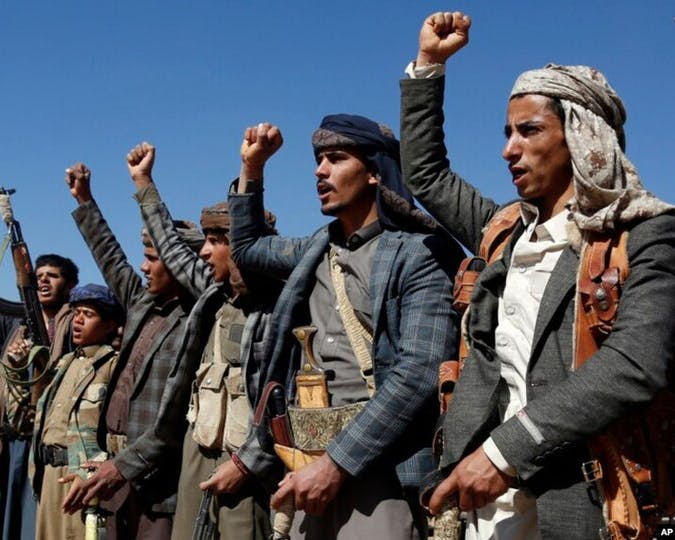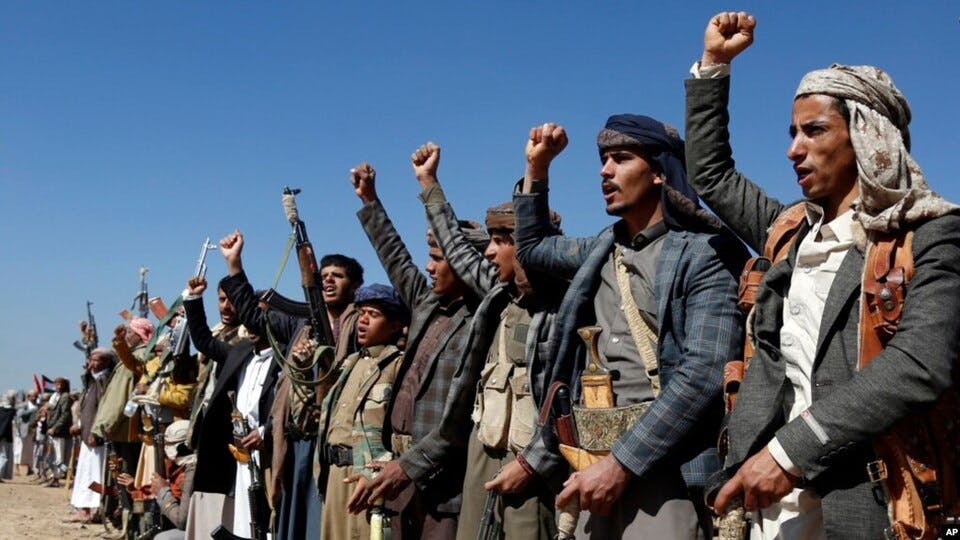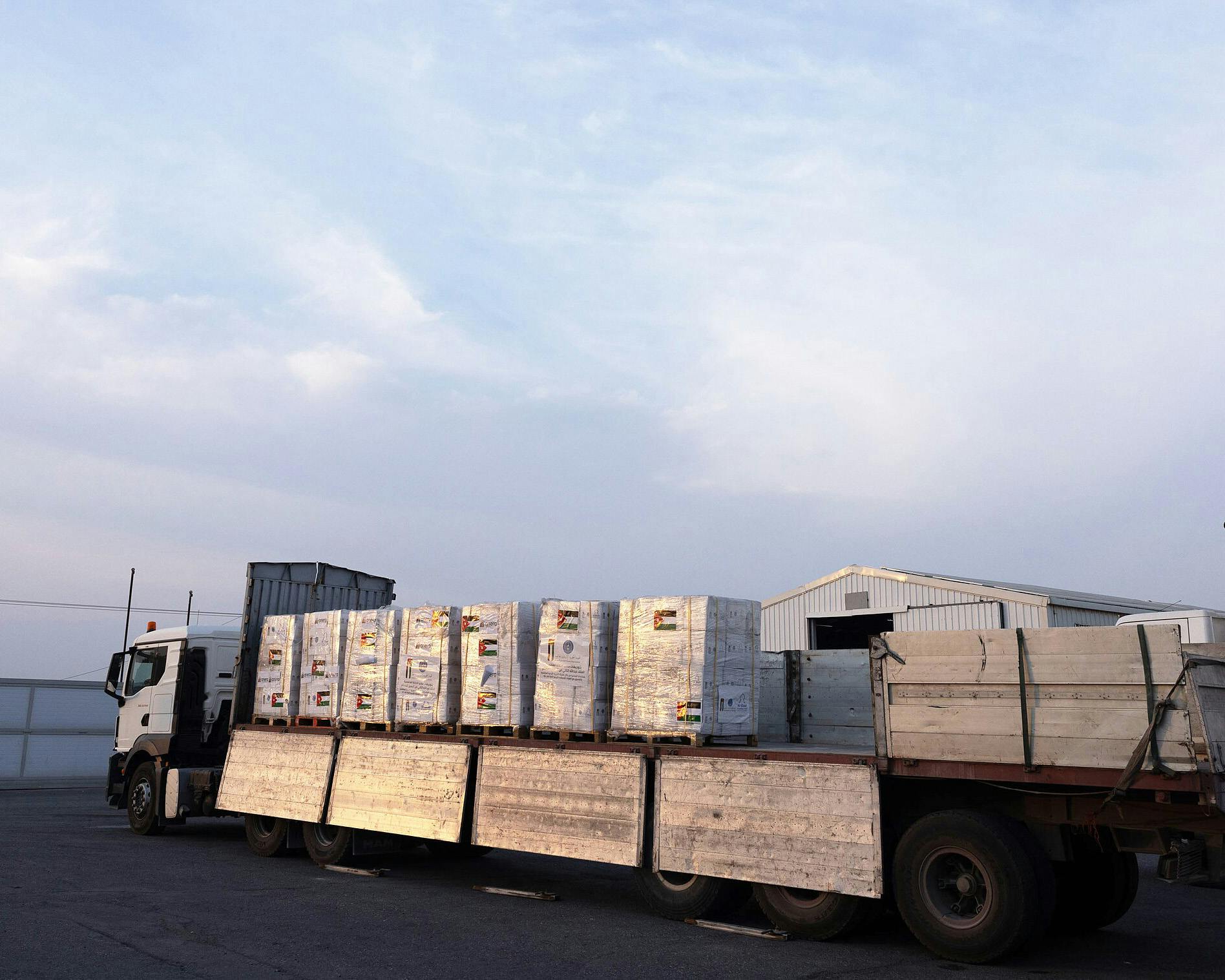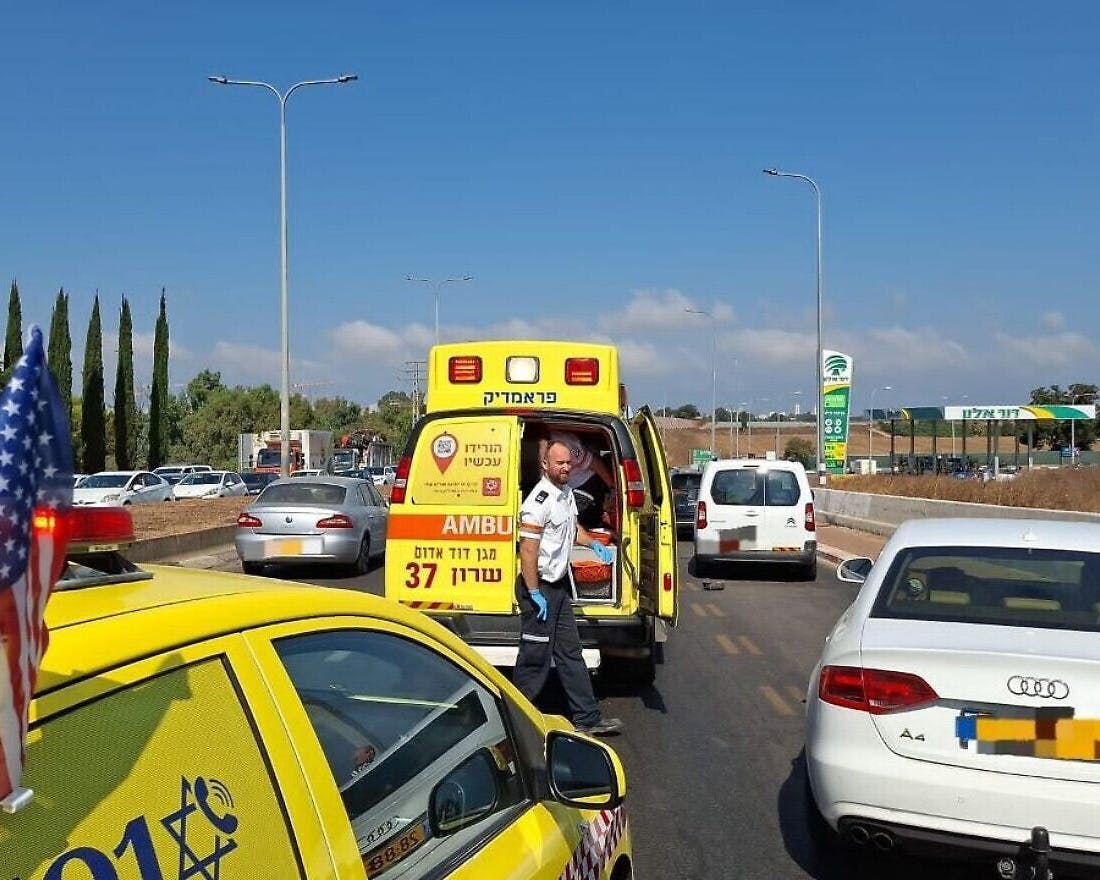Israel Hits Houthi Infrastructure in Yemen After Ben Gurion Missile Strike


Tuesday, 6 May 2025 | Israel launched a major airstrike operation on Yemen’s Houthi-controlled Hodeidah Port, targeting infrastructure critical to the Iran-backed terror group’s weapons smuggling and military operations. Codenamed “Port City,” the strikes were a direct response to a Houthi ballistic missile attack the previous day that struck near Israel’s Ben Gurion International Airport, injuring eight people, disrupting air traffic, and exposing vulnerabilities in Israel’s air defense systems. Coordinated with the United States, which simultaneously struck Houthi positions in Sanaa, the operation marked a significant escalation in the conflict.
The Israeli Air Force deployed 20 fighter jets, dropping 50 munitions on docks, warehouses, and a cement factory east of Hodeidah, a key hub for Houthi weapons smuggling and a major source of income for the group’s regime. The Israel Defense Forces (IDF) described the targets as “Houthi terrorist infrastructure” used to launch attacks on Israel and Red Sea shipping.
The operation, Israel’s sixth strike on Houthi targets since July 2024, aimed to disrupt the group’s military capabilities. The Yemen Ministry of Health reported 4 deaths and 39 injuries. The IDF confirmed US coordination, though a senior US official clarified Washington did not directly participate in the Hodeidah strikes but provided support.
Israeli Prime Minister Benjamin Netanyahu said the Houthis are a threat backed by “Iranian terror masters.” The strikes followed a shift in Israel’s policy, which had been relying on US efforts to curb Houthi attacks, with over 1,000 US strikes since mid-March 2025. The Ben Gurion attack prompted Israel to resume direct action.
Concurrently, the US launched at least 10 airstrikes on Houthi military assets in and around Sanaa, targeting drone and missile facilities. These strikes are part of Operation Rough Rider, a US-led campaign with over 1,000 air and naval strikes since the collapse of a Gaza ceasefire in March 2025, when the rebel terror group resumed attacks on Israel and Red Sea shipping.
Despite claims by US CENTCOM of an 87% reduction in Houthi missile launches and a 55% drop in drone attacks, the group’s ability to strike Ben Gurion underscores its resilience. The Houthi missile, that they claim is a “hypersonic ballistic missile” with stealth capabilities, struck near Ben Gurion Airport on May 4, 2025, marking the first Houthi projectile to breach Israel’s air defenses since March. The IDF attributed the failure to a malfunction in an interceptor missile, after the Arrow system and US-provided THAAD were unable to down the projectile.
The Houthi’s capacity to strike more than 2,000 km (1,242 miles) away highlights advancements in their arsenal, bolstered by Iranian support, raising concerns about their growing missile technology and capability.
Houthi officials accused Israel and the US of targeting civilian facilities and vowed retaliation. Houthi official Abdul Qader al-Mortada, in a post on X, warned of “unimaginable” consequences for the Hodeidah strikes, framing their actions as resistance against Israel’s actions in Gaza. Hamas praised the Ben Gurion attack, with spokesperson Abu Obeida calling the Houthis’ stance “honourable.”
Israel accused Iran of financing and directing Houthi operations, positioning the conflict within Iran’s “Axis of Resistance,” including Hamas and Hezbollah. Netanyahu argued that the Houthis threaten global security, urging a much stronger international response.
The Ben Gurion attack exposed a weakness in Israel’s air defenses, prompting scrutiny of systems and an ongoing investigation into the failure to intercept the missile. The Houthis’ reported use of hypersonic missiles underscores their growing threat. The coordinated Israel–US response demonstrates their close alignment against Iran-backed groups, but the Houthis’ resilience suggests military action alone may not be enough to deter them. The Ben Gurion incident disrupted Israel’s aviation sector, with economic impacts as many airlines suspended flights. As Israel considers further responses, the conflict, tied to Gaza and Iran’s influence, remains an extremely volatile flashpoint in an already overheated region.
(Bridges for Peace, May 6, 2025)
Related Resources

Discover Your Purpose and God’s Heart For You
In today's divided, turbulent world, it's essential for the Church to rediscover God's heart. Our free e-book, authored by a seasoned expert with three decades of experience in Israel, delves deep into the teachings of Jesus (Yeshua) to reveal God’s principles of love and purpose. Learn how embracing these truths can bring significance and impact to your life, even amidst chaos. Subscribe now to receive your free copy and embark on a journey of transformation.




